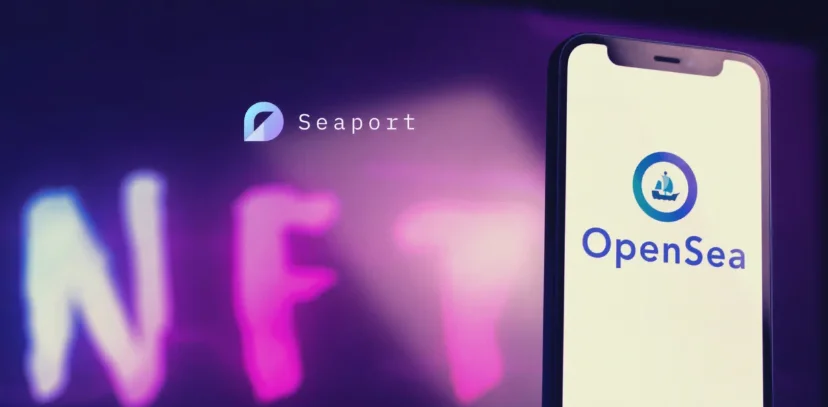OpenSea nonfungible tokens (NFTs) platform has announced its migration to Seaport protocol on Tuesday in view that users can save 35% on gas fees.

The Seaport protocol promises decreased gas fees, the opportunity to make offers on full collections, the elimination of new account initiation fees, and more user-friendly signature alternatives, among other benefits.
Users would pay 35 percent less for gas fees when dealing on Seaport, according to OpenSea. According to data from 2021, total savings would be over $460 million (138,000 ETH). Furthermore, eliminating the setup cost might save $120 million (35,000 ETH) per year in additional savings.
Owing to notable NFT dumps on OpenSea the year before, the Ethereum network became intermittently overloaded, with users reporting losses due to missed transactions.
Gas prices on the network, on the other hand, have recently steadied. YCharts’ average Ether gas price has dropped to $95.86, compared to spikes of hundreds of dollars in 2021.
OpenSea has previewed capabilities including the option to buy several NFTs in one transaction, making real-time creator fees available to many recipients, and establishing costs per-item on-chain. While its creators worked in Assembly to maximize transaction performance, Seaport listings have the same core format as earlier ones.
The Seaport protocol is neither controlled nor operated by OpenSea; rather, it is built on top of it. In closing remarks, the firm mentions that it is still “hiring across the board.” This is in stark contrast to the mass layoffs announced by a number of cryptocurrency companies, most recently BlockFi and Coinbase.
According to OpenSea, it does not own or operate the Seaport protocol, but rather builds on top of it. In closing remarks, the company indicated that it is still “hiring across the board.” This is in stark contrast to the mass layoffs announced by a number of cryptocurrency companies, most recently BlockFi and Coinbase.
